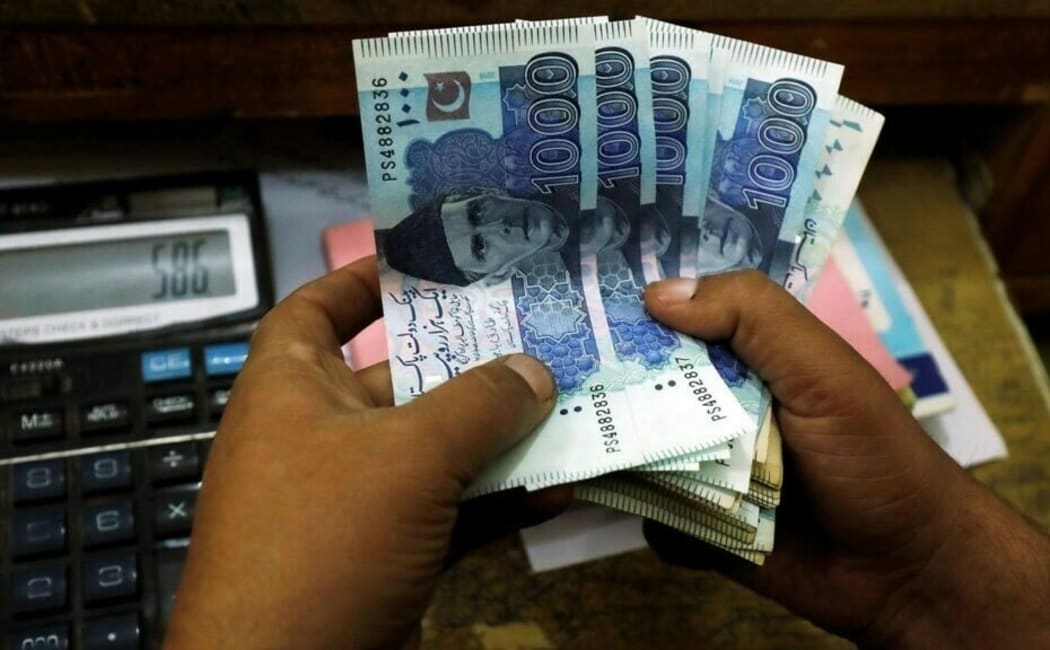Pakistan Mutual Fund Assets Soar to Rs3.93 Trillion | Conventional & Shariah Funds Growth

Pakistan Mutual Fund Assets Surge to Rs3.93 Trillion Over Six Years
ISLAMABAD: Pakistan's mutual fund industry has experienced remarkable growth in recent years, with total assets under management (AUM) climbing from Rs578 billion in 2019 to an impressive Rs3.93 trillion by June 2025. This surge represents nearly a seven-fold increase, driven by the robust performance of both conventional and Shariah-compliant investment funds, according to the latest figures released by the Securities and Exchange Commission of Pakistan (SECP).
Conventional vs Shariah-Compliant Funds
Conventional mutual funds have grown approximately 5.2 times over the past six years, reaching Rs2.206 trillion. Meanwhile, Shariah-compliant funds have witnessed even stronger growth, surging 6.7 times to Rs1.726 trillion. The accelerated expansion of Shariah-compliant products has narrowed the market share gap, with Islamic finance options now accounting for 44% of the total mutual fund industry, up from 39% in 2019. This reflects a growing investor preference for Shariah-compliant financial instruments in Pakistan.
Recent Fluctuations in Mutual Fund Assets
While the overall trajectory has been upward, mutual fund deposits have experienced fluctuations. After peaking at Rs4.43 trillion in December 2024, AUMs dropped to Rs3.93 trillion by June 2025. The SECP attributes this decline to a government-imposed incremental tax of up to 16% on banks with an advance-to-deposit ratio below 50% as of December 31, 2024. Banks, in response, encouraged large clients to temporarily shift funds into mutual funds to meet regulatory requirements. Once the targets were met, a portion of these funds returned to the banking system, leading to the observed decline.
Retail Participation on the Rise
Retail investors are increasingly playing a significant role in Pakistan’s mutual fund market. By 2025, individual investors held 39.2% of total AUMs, up from 38% in 2019, while corporate investors’ share decreased to 61%. This growing retail participation demonstrates a rising awareness of investment opportunities among ordinary Pakistanis, reflecting the impact of financial literacy programs and easier access to mutual fund products.
SECP's Focus on Reforms and Innovation
The SECP is actively working on transforming the mutual fund industry to sustain this growth. Key reform initiatives include:
- Digital transformation of mutual funds to enhance accessibility and efficiency.
- Introduction of Exchange Traded Funds (ETFs) to provide more investment options.
- Launching infrastructure and ESG-based funds to meet the rising demand for sustainable investments.
- Promotion of systematic investment plans (SIPs) to encourage long-term retail savings.
- Revamping distribution models to expand outreach and improve service quality.
- Enhancing financial inclusion with a focus on women investors.
- Strengthening governance, prudential limits, and transparency standards to protect investor interests.
Analysts’ Perspective
Market analysts have attributed the sector’s growth to several factors, including:
- Low returns on traditional bank deposits prompting investors to explore mutual funds.
- Increased financial literacy and awareness among retail investors.
- Supportive regulatory measures by the SECP encouraging investment in capital markets.
However, analysts caution that sustaining long-term growth will require continuous innovation, broader accessibility, and stringent oversight to maintain investor confidence. Compared to regional peers, Pakistan’s mutual fund penetration remains relatively low, highlighting significant potential for future expansion.
Current Market Composition
As of June 2025, conventional funds continue to dominate the market with 56% of total AUMs, while Shariah-compliant funds represent 44%. The market currently comprises 768,769 individual investors and 6,361 corporate investors, indicating a healthy mix of retail and institutional participation. The increasing engagement of individual investors underscores a gradual shift toward a more inclusive and diversified financial ecosystem in Pakistan.
Future Outlook
With a combination of strong regulatory support, rising financial literacy, and growing interest in Shariah-compliant products, Pakistan’s mutual fund sector is poised for further growth. The SECP’s ongoing reforms and focus on digitalization, ESG-based investments, and systematic investment plans are expected to drive deeper market penetration and channel more domestic savings into productive avenues, supporting broader economic development goals.
Investors and market participants are advised to stay informed about policy changes and new fund offerings, as these will shape the trajectory of the mutual fund industry in the coming years. With continued innovation, improved governance, and enhanced retail participation, Pakistan’s mutual fund sector is well-positioned to become a key driver of financial inclusion and economic growth.
Overall, the remarkable rise in mutual fund assets from Rs578 billion to Rs3.93 trillion over six years signals a maturing investment landscape in Pakistan, offering opportunities for both conventional and Shariah-conscious investors.
